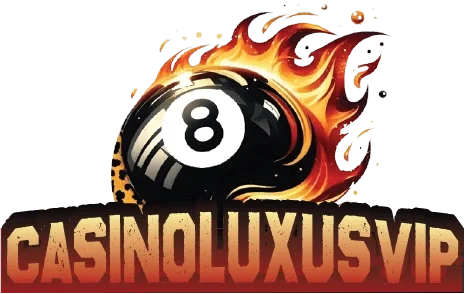The PlayStation brand has long been known for its ability to create not just popular games, but full-blown cultural phenomena. These are titles that transcend the gaming industry, seeping into mainstream culture, spawning https://selaluarta.com/ merchandise, adaptations, and massive fan communities. Some of the best games ever made on PlayStation consoles have achieved this rare status, becoming icons of an entire generation.
Take “Final Fantasy VII” for example. This PlayStation classic not only changed the perception of Japanese role-playing games (JRPGs) in the West but also became a touchstone for narrative-driven gaming. Its main character, Cloud Strife, and antagonist Sephiroth are still talked about decades after the game’s original release. The game has since seen remakes, spin-offs, and even movies. It didn’t just redefine RPGs—it helped establish PlayStation as a major gaming force and inspired a generation of developers to prioritize storytelling in their own work.
“Uncharted” is another franchise that broke through to mainstream audiences. With Nathan Drake as its charismatic lead, the series combined the thrill of a Hollywood blockbuster with the interactivity of video games. The franchise has not only sold millions of copies but also paved the way for cinematic storytelling in PlayStation games. Its success even led to a feature film adaptation, further cementing its influence beyond the gaming world. What started as a PlayStation 3 exclusive quickly evolved into one of Sony’s most successful and enduring franchises.
The phenomenon of cultural reach extends even to handheld platforms. “Monster Hunter Freedom Unite” for the PSP turned the system into a must-have device in Japan. It wasn’t just one of the best PSP games—it was a social movement. Players would gather in public spaces just to hunt monsters together. The game’s cooperative design and massive content made it a cultural event, showing that even portable gaming could have a lasting societal impact.
From JRPG legends to blockbuster action titles and social multiplayer sensations, PlayStation games have repeatedly demonstrated their potential to impact culture in meaningful ways. These games didn’t just entertain—they shaped how we view gaming, proving that PlayStation is more than just a console; it’s a cultural institution.
